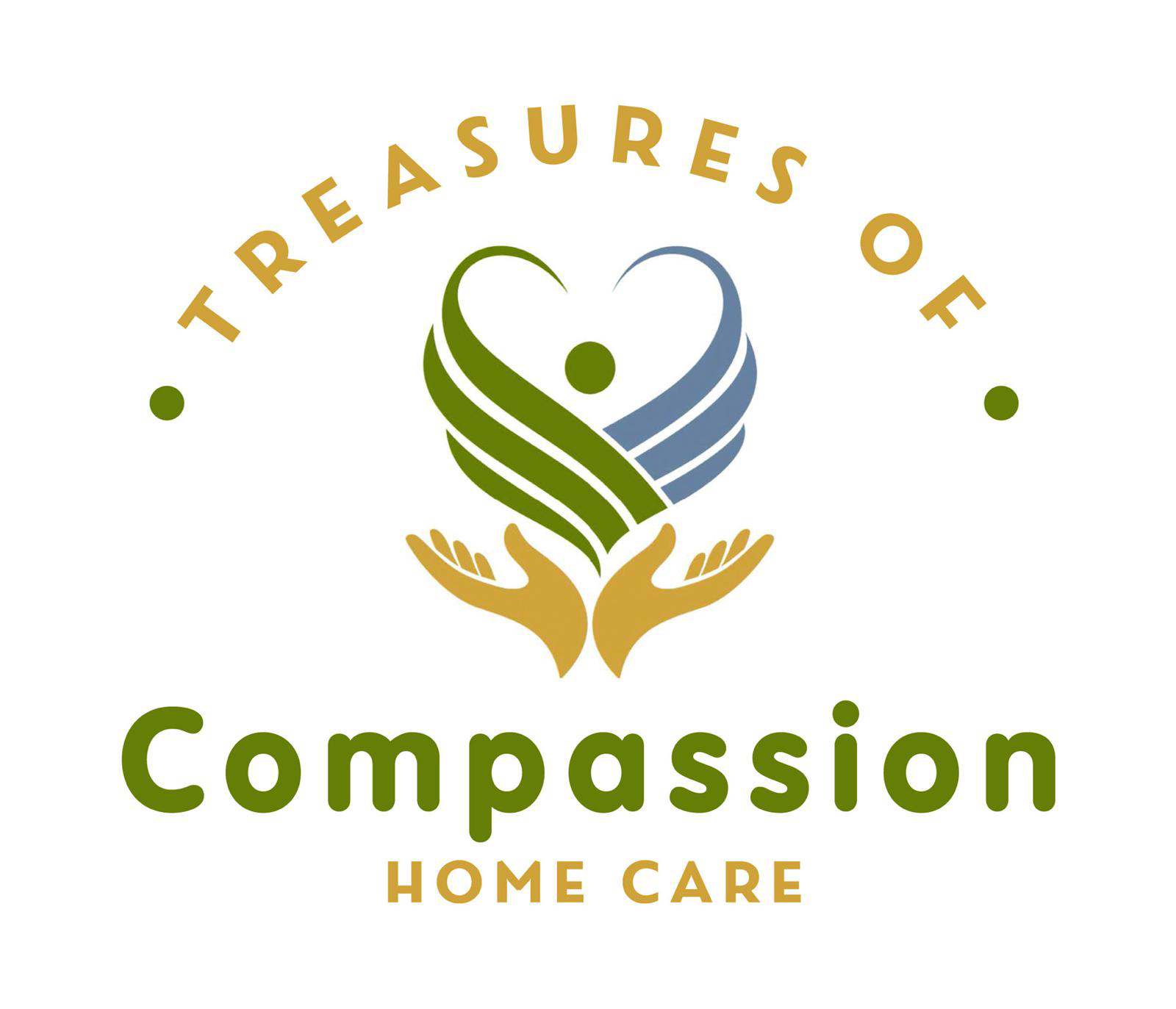
As our loved ones grow older, their needs change in ways that can feel both tender and challenging. Aging is a natural part of life, but it often brings physical, emotional, and social shifts that require thoughtful care. Whether you are a family caregiver, a community supporter, or simply someone preparing for your own golden years, understanding how to provide compassionate and dignified care can make all the difference.
Honoring Independence
One of the greatest fears among seniors is losing independence. As caregivers, it’s important to support autonomy whenever possible. Small choices—like what to wear, what to eat, or which activities to enjoy—help preserve dignity and self-worth. Encourage independence by providing tools such as mobility aids, medication reminders, or adaptive home adjustments.
Supporting Health and Wellness
Healthy aging is about more than medical appointments. Nutrition, movement, and rest are the foundation of vitality.
Nutrition: Encourage balanced meals rich in fresh fruits, vegetables, whole grains, and hydration.
Movement: Gentle activities like stretching, walking, or chair yoga keep muscles strong and joints flexible.
Rest: Quality sleep restores energy and reduces stress. Establish calming nighttime routines to promote restful sleep.
Holistic approaches—such as herbal teas, natural juices, or mindful breathing—can also nourish body and soul.
Emotional Connection Matters
Loneliness is one of the greatest health risks for older adults. Regular visits, phone calls, and meaningful conversations provide comfort and reduce isolation. Encourage social engagement through community programs, senior centers, or faith-based gatherings. Remember that listening deeply to their stories is a gift in itself.
Safety First
As mobility changes, home safety becomes a priority. Simple adjustments—grab bars in the bathroom, non-slip rugs, proper lighting, and organized living spaces—help prevent falls and accidents. Regular check-ins on medications and medical needs ensure seniors stay safe and supported.
Advocacy and Compassionate Care
Aging loved ones often need an advocate—someone to help them navigate healthcare systems, attend appointments, and ensure their voices are heard. Advocacy means standing beside them, respecting their choices, and ensuring they receive the care they deserve. Compassionate care sees the person, not just their condition.
Caring for the Caregiver
Caring for an aging parent, spouse, or community member can be deeply rewarding—but it can also be exhausting. Caregivers must also care for themselves through rest, nourishment, and support. Remember: you cannot pour from an empty cup. Seeking respite care or support services ensures both caregiver and loved one thrive.
Final Reflection
Caring for the aging is not only about tending to physical needs—it is about nurturing the heart, honoring dignity, and building trust. With compassion, patience, and understanding, we can help our elders age with grace, peace, and joy.
At Treasures of Compassion, we believe that every person deserves care that honors their whole being—body, mind, and spirit. Together, we can create a community where aging is embraced as a season of wisdom and love.
Empowering Wellness, Enriching Lives
If you’re looking for home healthcare services such as personal care, companionship, respite care, private pay, light housekeeping, home safety evaluations, food prep, or a health advocate for yourself or loved ones in the Pennsylvania area, then contact Treasures of Compassion today to see how we can help.
